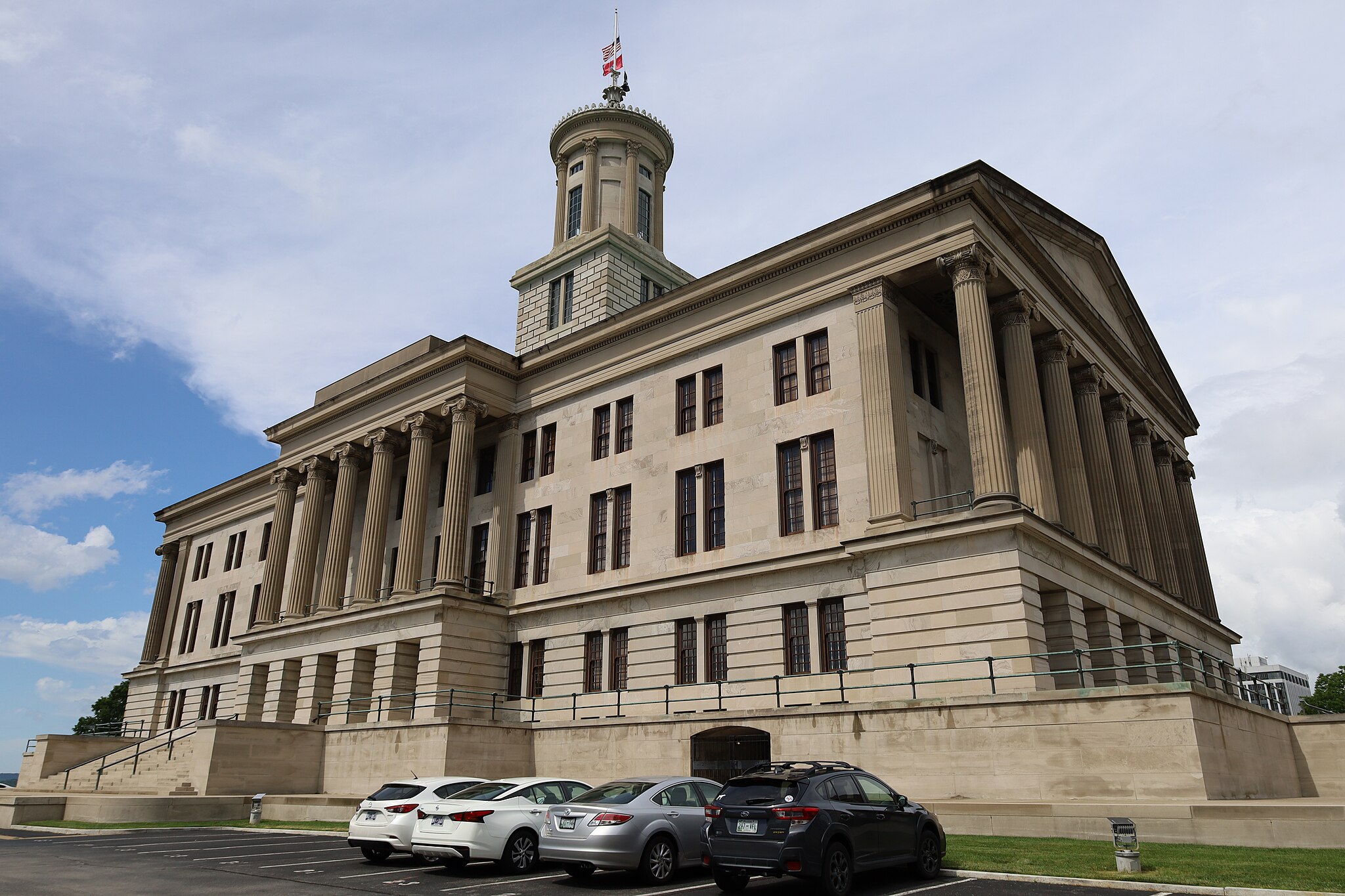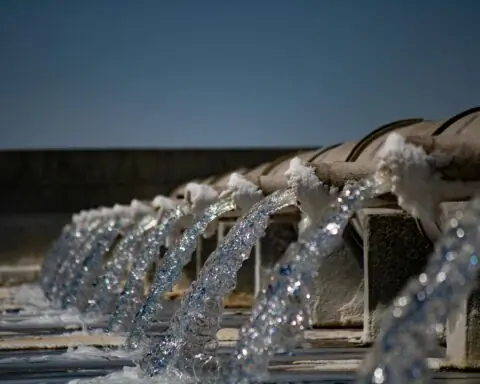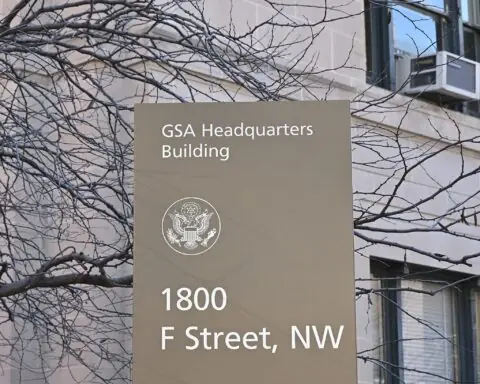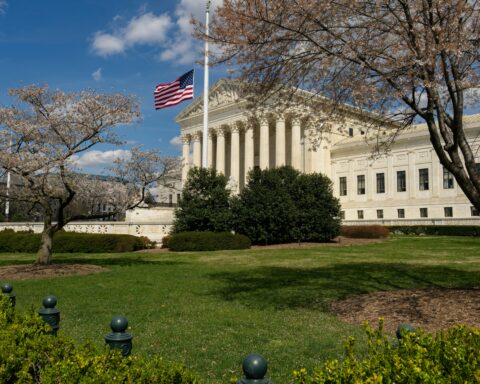Tennessee Governor Bill Lee is proposing billions in new and existing state funding for construction, infrastructure, transportation and energy initiatives over the next year.
These strategic investments, announced during Tennessee’s State of the State address, will outline the state’s funding priorities and the governor’s proposed budget for fiscal year (FY) 2025-26. Building upon economic success in previous years, the new budget seeks to prepare Tennessee for the future with new key investments in disaster relief, nuclear energy and transportation and educational infrastructure.
“Tennessee is a top contributor to our nation’s economy because of our willingness to adapt and welcome emerging industries,” Gov. Lee said. “Start-ups, new technology and research and development – these are all pieces to a larger puzzle that will diversify our economy, which will bring even better jobs to Tennessee families and ensure Tennessee remains a leader in the Southeast.”
The governor’s full legislation, which will be presented to Tennessee’s joint General Assembly in the coming weeks, estimates approximately $59.5 billion in capital funding designed to encompass the state’s needs for FY 2025-26.
Of this, the budget will introduce nearly $3.9 billion in new allocations for some of Tennessee’s most pressing priorities. If approved, over $1.35 billion of this new funding will be committed to the state Rainy Day Fund, transportation, business and economic development initiatives.
As a first priority, the proposed budget will offer immediate disaster relief to East Tennesseans that have faced an estimated $1.2 billion in damages from Hurricane Helene. The new funding, totaling more than $450 million in direct disaster relief, looks to support ongoing recovery and proactive preparation efforts, purchase regional response vehicles and expand the state’s Mesonet system used to monitor weather events.
For transportation, the proposal is seeking to improve safety and reliability on state roads, providing an additional $1 billion to the Tennessee Department of Transportation (TDOT) for road maintenance, upgrades and bridges across the state.
Housing and infrastructure, two substantial priorities in this year’s budget, will be supported by nearly $1.1 billion in funding to address urgent state infrastructure needs, construct starter homes through the Starter Home Revolving Loan Fund and develop homes and businesses with Rural and Workforce Housing Tax Credits.
Beyond a plethora of changes to education systems, the proposed budget looks to support education infrastructure with targeted investments in Tennessee schools, including $62.7 million for K-12 infrastructure and facilities, $25 million for fast-growing school districts and $2 million for a common application system to state community colleges.
In FY 2025-26, the governor will attempt to bolster the state’s energy resources with the help of nuclear power. This statewide effort will include funding several initiatives that position Tennessee as a leader in next-generation nuclear energy.
The first and largest energy initiative will invest $50 million into the Small Modular Reactor (SMR) Grant Fund, which is designed to support the Tennessee Valley Authority’s Clinch River Nuclear SMR project.
Additionally, the governor will allocate $10 million to the Nuclear Energy Fund to attract advanced nuclear technology companies, alongside $2.6 million for developing the nation’s first regulatory framework for commercial nuclear fusion power.
To further support energy research and innovation, the proposal includes $20 million for the Federal Grant Matching Fund, which will assist state universities and businesses in securing research funding from agencies such as the National Science Foundation and the Department of Energy.
Funding changes for state environmental interests, such as conservation, wildlife and state park initiatives, are also highlighted in the governor’s budget proposal.
The state will levy a potential $100 million comprehensive regional water resource plan to protect and reinforce the Duck River, a significant water source for more than a quarter million residents. The initiative will work to develop a strategy that addresses rising population growth in the region while maintaining the ecological health of the vital river.
Expanding environmental efforts, the budget will also propose $52 million towards the creation of five new state parks, $6.2 million for state park maintenance to prevent backlogs and $40 million in funding for environmental cleanup, state revolving fund projects and electric grid management.
Another key priority in the governor’s budget will be to emphasize workforce development and training initiatives that build stronger homegrown talent pipelines in Tennessee. Under the new budget, the state will expand existing initiatives with new funding, including $25 million to FastTrack, $7.2 million for the WAGE$ program and $10 million to the Governor’s Investment in Vocational Education for nuclear workforce education.
The budget will also create new workforce and business development programs to spark additional investments and expand business opportunities in the state. This effort will include more than $7.2 million in combined investments to create and incorporate TN Accelerates – a partnership between Tennessee Economic and Community Development and the Department of Labor and Workforce designed to develop workforce training initiatives for incoming and existing businesses.
Interested parties may view a one-pager on the governor’s budget priorities for FY 2025-26 here. For a full list of funding priorities and specific allocations, explore the governor’s office’s original announcement.
Photo courtesy Antony-22, CC BY-SA 4.0 https://creativecommons.org/licenses/by-sa/4.0, via Wikimedia Commons












